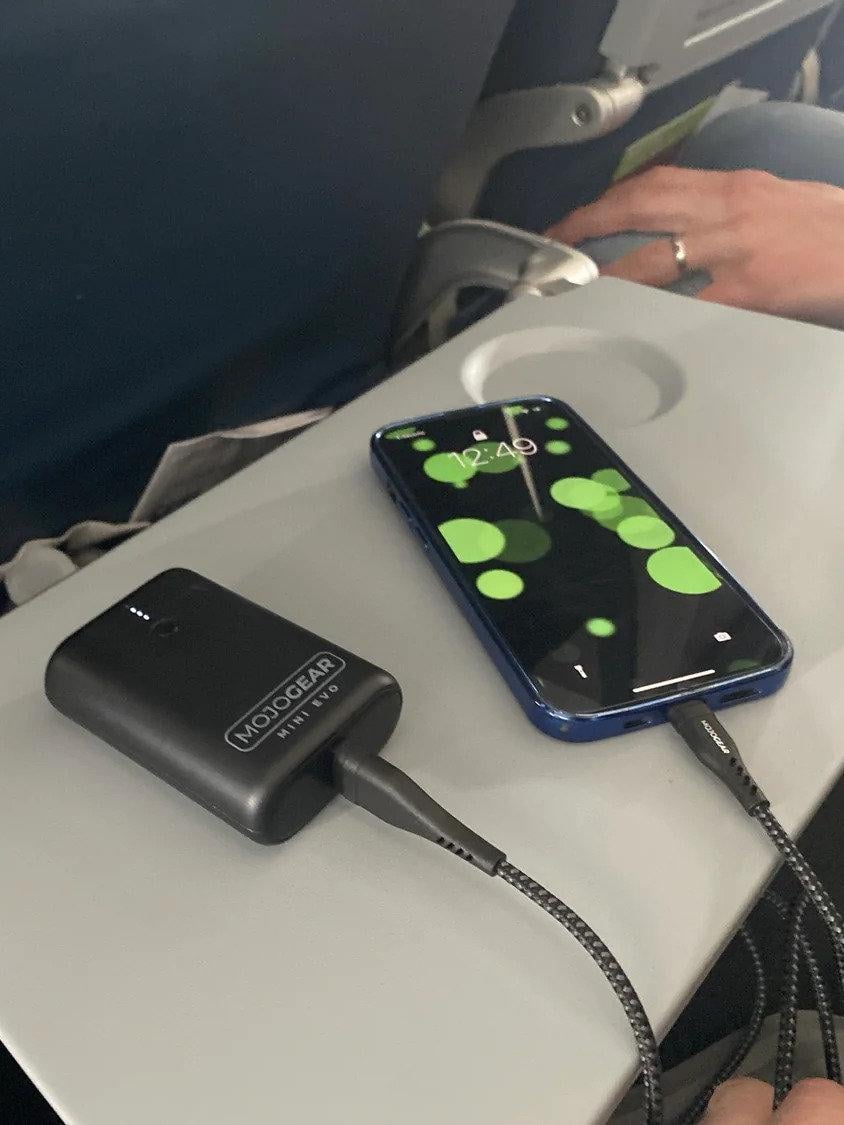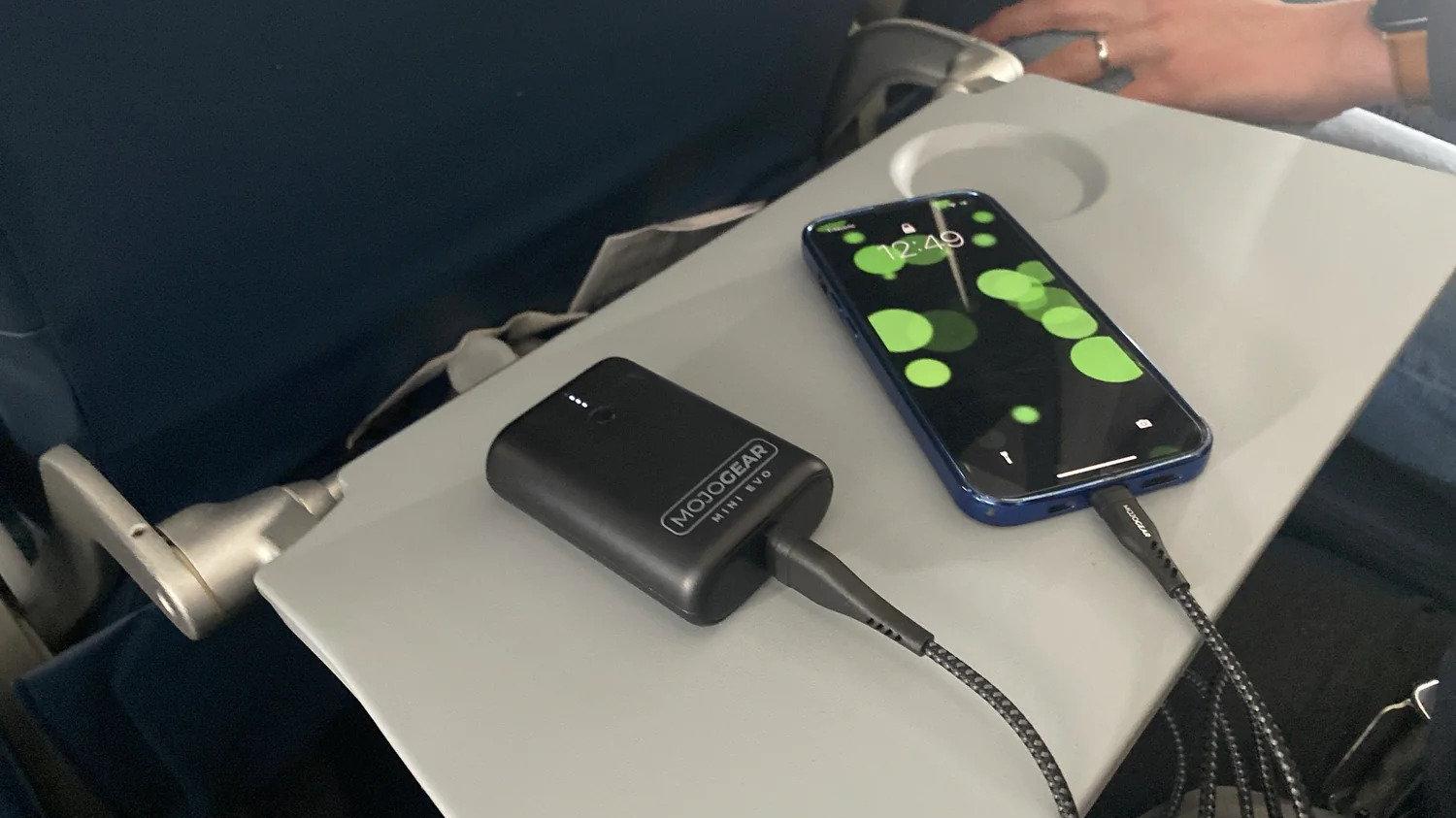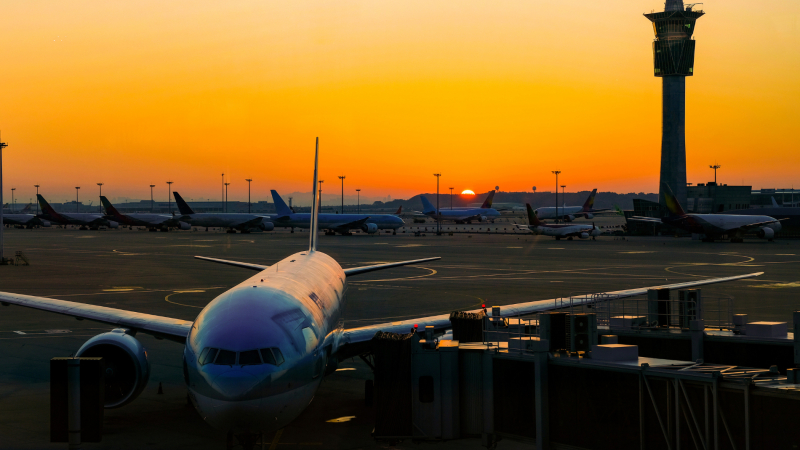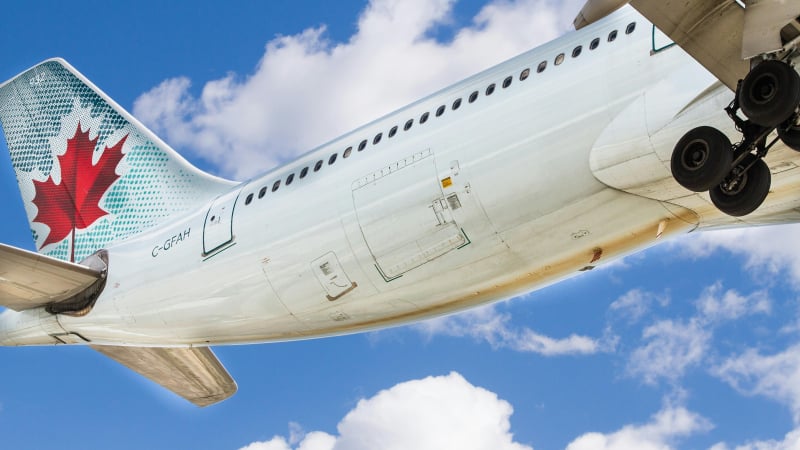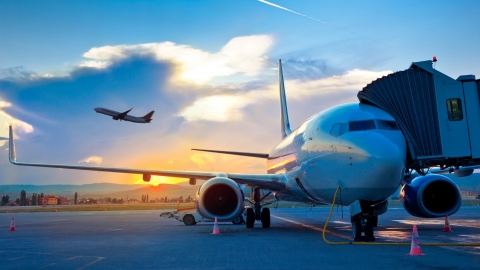Recently, Vietjet Airlines updated its regulations regarding carrying spare batteries on flights, based on Directive No. 1027 dated February 26th from the Civil Aviation Authority of Vietnam on strengthening aviation safety measures, including controlling items containing lithium batteries.
Accordingly, passengers must remove the power bank from their carry-on baggage and place it in an easily visible location throughout the flight. Charging the power bank or using it to charge personal devices in any way is strictly prohibited.
Previously, Vietnam Airlines also advised passengers that they are not allowed to bring power banks on board as checked baggage. The airline also strictly prohibits charging devices via USB ports on the aircraft; each battery must be protected separately and must be completely switched off to avoid unintentional activation.
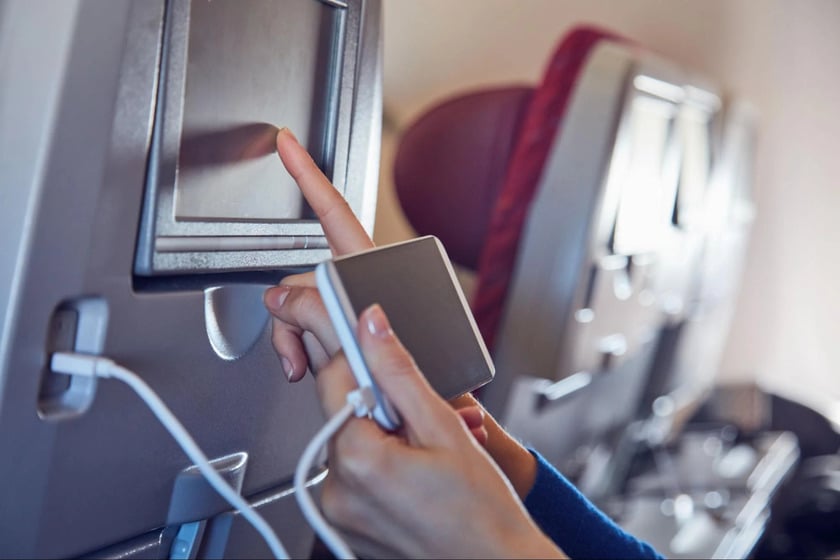
Following numerous incidents, both domestic and international airlines are tightening regulations on allowing portable power banks on board.
Airlines in many countries have also implemented similar regulations to ensure customer safety. Singapore Airlines recently announced it will ban passengers from using wireless power banks on flights starting April 1st. Thai Airways International of Thailand and Air Asia of Malaysia have also issued bans. Air Busan of South Korea has issued a regulation prohibiting the placement of power banks in the overhead luggage compartments.
It is known that most power banks use Lithium-ion or Lithium-polymer batteries. These types of batteries have a large energy storage capacity but are very sensitive to external factors such as impacts, vibrations, and high temperatures.
During transit, checked baggage can be subjected to sudden pressure changes. This can cause power banks to short circuit, generate excessive heat, and pose a potential fire hazard. Furthermore, because checked baggage is frequently subjected to impacts, especially during loading and unloading, the protective casing of the power bank can be damaged, increasing the risk of short circuits and fires, threatening passenger safety and flight operations.
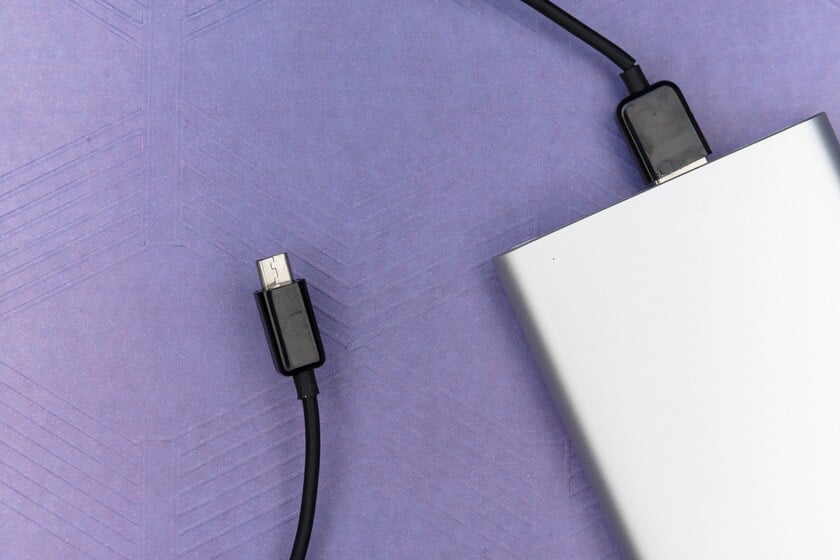
Most power banks use lithium-ion or lithium-polymer batteries, which are sensitive to external impacts such as bumps, shocks, and high temperatures.
Airlines generally only allow passengers to bring power banks on board if they comply with certain regulations, such as carrying them as carry-on baggage, a maximum of 10 batteries per person with a capacity of no more than 100Wh, and only for personal use, not for commercial purposes.
Passengers must completely turn off their power banks, not leave them in hibernation or standby mode while boarding the plane. In particular, power banks must absolutely not be used during takeoff or landing. Power banks must be packaged in their original boxes or have their terminals carefully insulated with tape or specialized protective bags to prevent short circuits. The batteries must have clear information about their origin, power rating, and capacity.
On March 20th, a Hong Kong Airlines Airbus departing from Xiaoshan Airport (Zhejiang, China) en route to Hong Kong had to make an emergency landing at Changluo International Airport after a backup battery in the carry-on baggage compartment unexpectedly caught fire. Earlier this year, an Air Busan flight from Busan (South Korea) to Hong Kong also experienced a fire at Gimhae Airport related to a backup battery issue.

 VI
VI EN
EN



